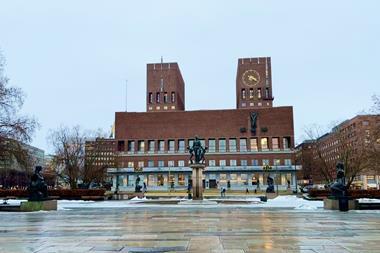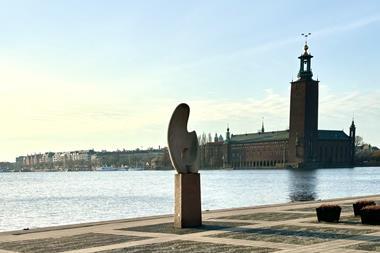Last summer, engineering firm PPG won its case against the Dutch tax authority over VAT exemptions in defined benefit schemes.
The successful case put forward by the firm led the European Court of Justice (ECJ) to decide that, if a sponsor is responsible for management costs, both administration and investment management, of a defined benefit scheme, it could be interpreted as a business cost directly related to economic activity, and thus VAT-exempt.
However, standing alongside the Dutch tax authority is the UK revenue and customs office, which, after tasting defeat with its counterpart on mainland Europe, retreated to the UK to contemplate its interpretation of the ECJ ruling.
This it did. Published last week, HMRC said in its interpretations that it would continue to refund VAT on administration costs, exclude VAT paid on investment management and only offer refunds to employers, or to pension funds in some cases.
It is aninteresting and somewhat narrow interpretation of the ECJ’s ruling.
The revenue office has managed not only to exclude the main sticking point of investment costs from VAT exemption but also increase the tax bill for some unfortunate schemes.
Assuming it thought this would draw a line under legal VAT challenges from pension funds, HMRC might be quite surprised about what lies in wait in 2014.
HMRC continued to reason its exclusion of investment management from VAT exemption on the basis that it does not have an immediate link to the taxable revenue of a business, whereas administration costs for the fund do.
While only appearing to overhaul its stance on VAT in the wake of the PPG case, HMRC did remove the option of reclaiming 30% of VAT on joint invoicing.
Previously, if investment management and administration costs were invoiced together, and incurred by the employer, the sponsor was eligible to reclaim 30% of VAT paid on the invoice.
However, the ECJ ruling has meant this needs to be removed.
While it may look reasonable under its new guidance to do so, there is a sticking point.
In situations where schemes have a joint invoice for both administration and investment management, these will no longer be tax recoverable.
This could result in the tax liability for sponsors increasingly, unless a contractual change with the pension fund, or its providers, is enacted.
At the core of all this is HMRC trying to force the idea that a pension fund and its sponsor are separate entities, where the former does not impact on the latter’s economic activity.
In reality, this is not the case.
It also tries to enforce the difference between investment management costs and administration, on the basis that investment management provides for a service that is already tax exempt – i.e. the return on investments.
While HMRC’s stance on the cost of investment management might be considered reasonable in a black and white world, none of it quite fits together.
Most companies base their economic activity on their employees, who are remunerated through fixed pay and benefits, including pension funds, and are thus a cost to the business.
So the stance of not including the costs of running a pension scheme within the bracket of a company’s economic activity is bemusing.
Sponsors will feel similarly, certainly, and if HMRC thought its latest brief would draw a line under challenges over VAT, it may soon be justifying its stance, back in the courtroom.












